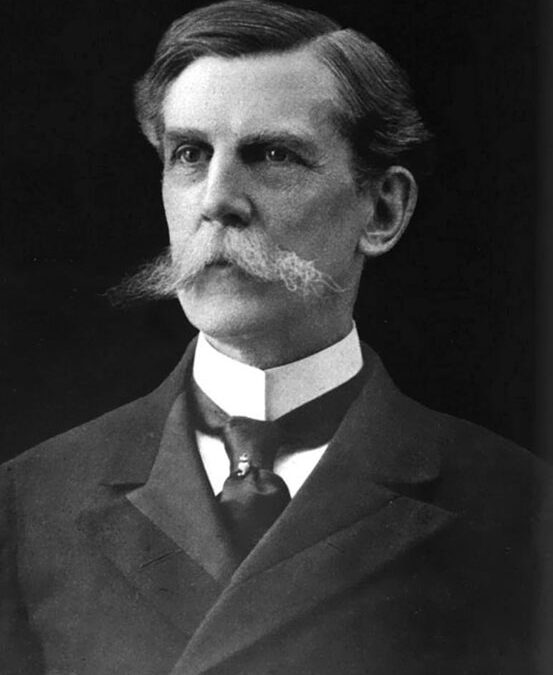A few thoughts on the Supreme Court.
One of the issues in this year’s presidential elections is the appointment of new Supreme Court judges. Long ago Plato wrote, “Justice in the life and conduct of the State is possible only as it firs resides in the hearts and souls of the citizens.
That’s an admirable ideal. It is also often violated. French poet, journalist, and novelist Anatole France said, “Justice is the means by which established injustices are sanctioned.” In a similar spirit, U.S. Supreme Court Justice Oliver Wendell Holmes once told a young man who had a case before the court, “This is a court of law, young man, not a court of justice.”
But justice is possible at all only if the Justices aspire to it. Article III, Section I of the U.S. Constitution declares, “The Judges, both of the supreme and inferior courts, shall hold their Offices during good behavior.” “Good behavior” must surely include fairness. Fairness must surely include removing oneself from being a judge in cases where the judge owes something to one of the parties in a case before him. Two recent and present justices have violated this principle. Justices Antonin Scalia and Clarence Thomas have both refused to recuse themselves from cases in which they or their spouses had received substantial sums, primarily in cases that involved the promotion and defense of extreme right wing ideology.
This is odd for two reasons: One, their personal gain from imposing their ideological biases on the country; Two, because the Supreme Court was not meant to “legislate from the bench.” It gave itself that power when John Marshall was the first Supreme Court justice, with no checks or controls on its opinions, and Thomas Jefferson declared himself horrified by this action and precedent.
Failure to recuse in a case that involves a supreme court justice’s conflict of interest must certainly be termed “bad behavior.” The Constitution specifies that a Justice shall hold office “during good behavior,” but unfortunately does not specify a mechanism for removing a judge who engages in bad behavior. And in the country’s entire history, no Supreme Court judge has ever been impeached or otherwise removed for bad behavior.
Therefore it seems clear that a brief Constitutional Amendment is needed that clearly specifies the conditions under which a Justice shall be removed and exactly how he or she shall be removed — and what constitutes an acceptable defense against such removal. With such a provision, Alito and Thomas would both have been off the court long ago.
Furthermore, consider the contradiction between right wing extremists’ screams that the Court should not “legislate from the bench” and their calls for the appointment of a justice to replace Scalia who is at least as ultra right-wing as Scalia himself. That’s not a call for impartial justice, but rather exactly a call for legislation from the bench in accord with their own agenda.
Finally, there is the pathetic disgrace of the Republican majority in the U.S. Senate refusing to engage in confirmation hearings for the President’s nominee to replace Scalia. This complete dereliction of their constitutional duty is unprecedented in the entire history of the United States. There ought to be a provision for the removal from his responsibilities of any Senate leader who acts in such a disreputable manner. When there is more than enough work for nine justices, and one of the eight who remain is checked out much of the time (Thomas), then it is absolutely incumbent on the Senate to put confirm someone in his place. I advocate a provision that if the Senate has failed to act after a specified time, the President’s nominee will automatically assume the position.
For more detailed thoughts about the judiciary and Supreme Court, see “Justice for Whom — Down the River of No Return?” in The Radical Wrong: Lies Our Founding Fathers Never Told Us (online booksellers — e-book or hardcopy)


